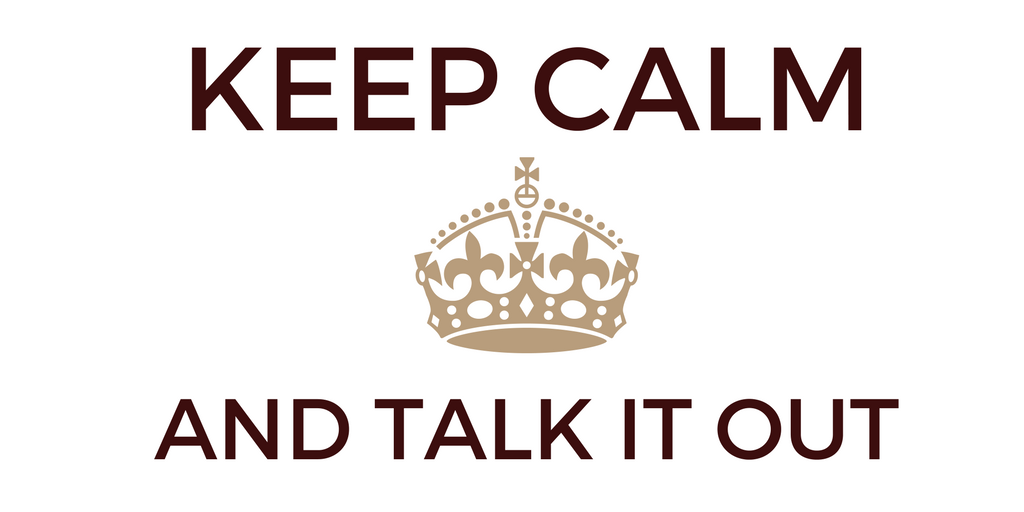
3 Tips for Talking About Difficult Topics
No one wants to talk about painful subjects. We don't like to feel that awkward gut knot that develops when we're dreading a certain conversation. We need to do it, though, and it doesn't have to be totally horrible. Following these tips may make it a little easier:
1. Narrow it down to a couple points. Difficult topics require planning. Don't just jump right in without thinking it through first. Weed through all your thoughts and boil them down to 2-3 main points to discuss. Having a very brief mental outline will help you stay on track and choose the best wording for the conversation. If you don't narrow it down to a few points, the conversation will quickly turn into verbal vomit.
2. Choose the best time. Be picky about when the conversation takes place. Plan ahead for it. Don't talk about something difficult after a bad day at work or when the kids are screaming and running through the room. Select a time that is fairly peaceful, and without distractions. It's tempting to just jump right in when the mood strikes, especially if you're angry, but that won't yield the best results.
3. Keep calm. Getting emotionally charged will not help. Lay out your points calmly and kindly. Even difficult conversations can, and should, be respectful. There is no need for yelling or name-calling, which will only make the situation worse. Prepare ahead of time so you can remain calm during the conversation. Be sure to listen when it's your turn for that, too. Consider the other person's viewpoints.
Not every confrontation needs to turn into a knock-down-drag-out. Following the tips listed above will help you keep calm and talk it out.
















